Swiss throw out ban on funding of weapons makers
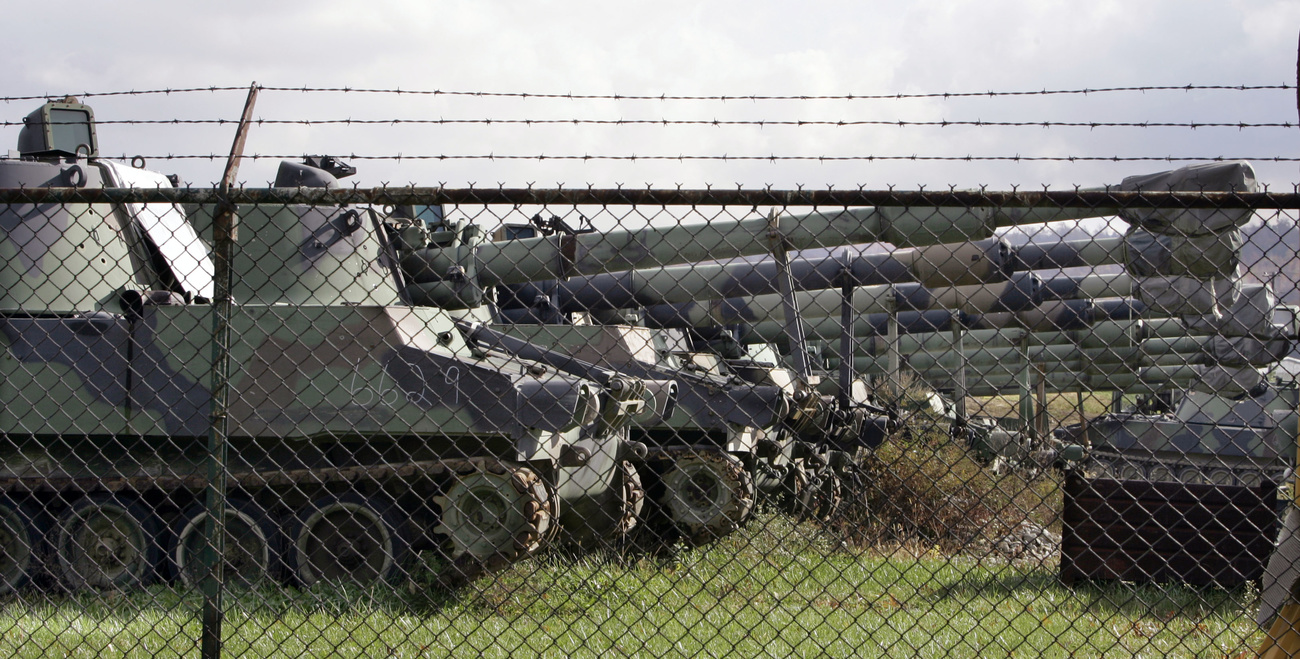
Voters have rejected a proposal aimed at banning investments in weapons manufacturers.
Final results show just over 42% of voters approving the initiative in a nationwide ballot on Sunday.
Only four of the country’s 26 cantons have come out in favour of the left-wing proposal.
Nadia Kuhn of the pacifist Switzerland without an Army group said the opponents had more financial means at their disposal and used misleading arguments in the campaign.
People’s initiatives rarely win a majority at the ballot box and left-wing proposals are generally even less likely to be successful, according to Urs Bieri of the GfS Bern research institute.
Commitments
Economics Minister Guy Parmelin acknowledged the concerns of the initiative group and the “respectable result” of the vote.
“The government will remain committed to peace and sustainable investment policies,” he told a news conference.
He said voters did not want to burden Swiss businesses and the social security system with restrictions by supporting a symbolic gesture.
Swissmem, the umbrella group for the manufacturing industry, welcomed the outcome as the vote as good news for Switzerland’s 3,000 companies that work in the defence sector. The lobby group accused the initiative’s sponsors of trying to “abolish the army by the back door”.
The proposed constitutional amendment wanted to ban the Swiss National Bank, as well as pension funds and foundations, from holding shares or lending money to global companies which generate more than 5% of their annual sales from war materiel.
It also called on the Swiss government to push for an international ban for commercial banks and insurance companies to invest in the global defence companies.
In the run-up, the funding ban campaign was overshadowed by another initiative on ethical business practices that will be decided on November 29 – a proposal to make Swiss-based multinationals accountable for their activities abroad.
Pacifist vs Swiss interests
The investment ban initiative was launched by the pacifist Switzerland without an Army group and the youth chapter of the Green Party. They collected enough signatures to force a nationwide vote.
Supporters of the initiative argued that profits from investments in weapons makers stand at odds with Switzerland’s neutral reputation and its humanitarian tradition.
Approval of the initiative would send a signal to other global financial centres to follow Switzerland’s lead, according to Thomas Bruchez of the pacifist group.
The proposal was supported by left-wing parties, peace and human rights groups.
The government, a majority of parliament, including all its main parties from the centre to the political right recommended that the initiative be rejected. The business community, notably the banking and insurance sector as well as the engineering industry, were also opposed.
They have criticised the proposal as unrealistic and damaging for Switzerland’s economy, its security policy and its armed forces, as well as its old-age pension scheme.
They have also warned that the central bank’s independence would be at stake and that up to 3,000 Swiss companies which supply components to weapons makers would be affected by a proposed ban.
Weapons export
Currently, Switzerland bans the production and sale of biological, chemical and nuclear weapons as well as anti-personnel mines and cluster ammunition.
Sunday’s ballot was the latest in a series of votes on arms and defence issues in Switzerland over the past 30 years. Only a referendum against the purchase of Gripen fighter jets for the Swiss air force six years ago was successful.
However, voters overwhelmingly threw out an initiative seeking a ban on weapons exports in 2009.
A similar proposal that limits the weapons exports ban to states involved in armed conflicts or accused of systematic human rights violations is still pending. Parliament has to discuss the issue before a date for a nationwide vote is scheduled.
Corporate responsibility: 50.7% yes 49.3% no, but no majority of cantons
Ban on arms investment: 42.5% yes 57.5% no
Turnout: 47%
About 5.5 million Swiss citizens, including registered expat Swiss, were eligible to take part in the votes.
There were also numerous ballots at cantonal and local levels on November 29.
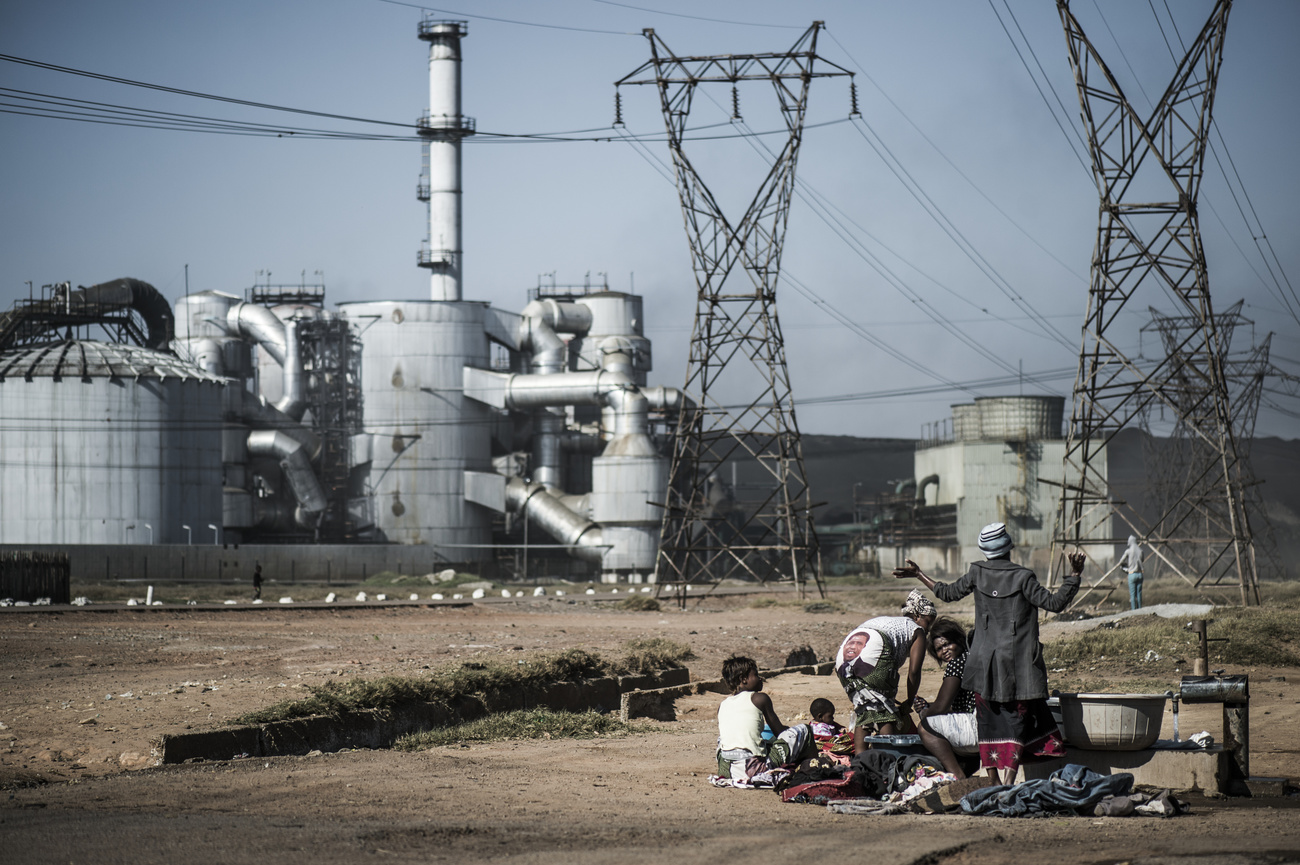
More
Responsible business initiative rejected at the ballot box

In compliance with the JTI standards
More: SWI swissinfo.ch certified by the Journalism Trust Initiative










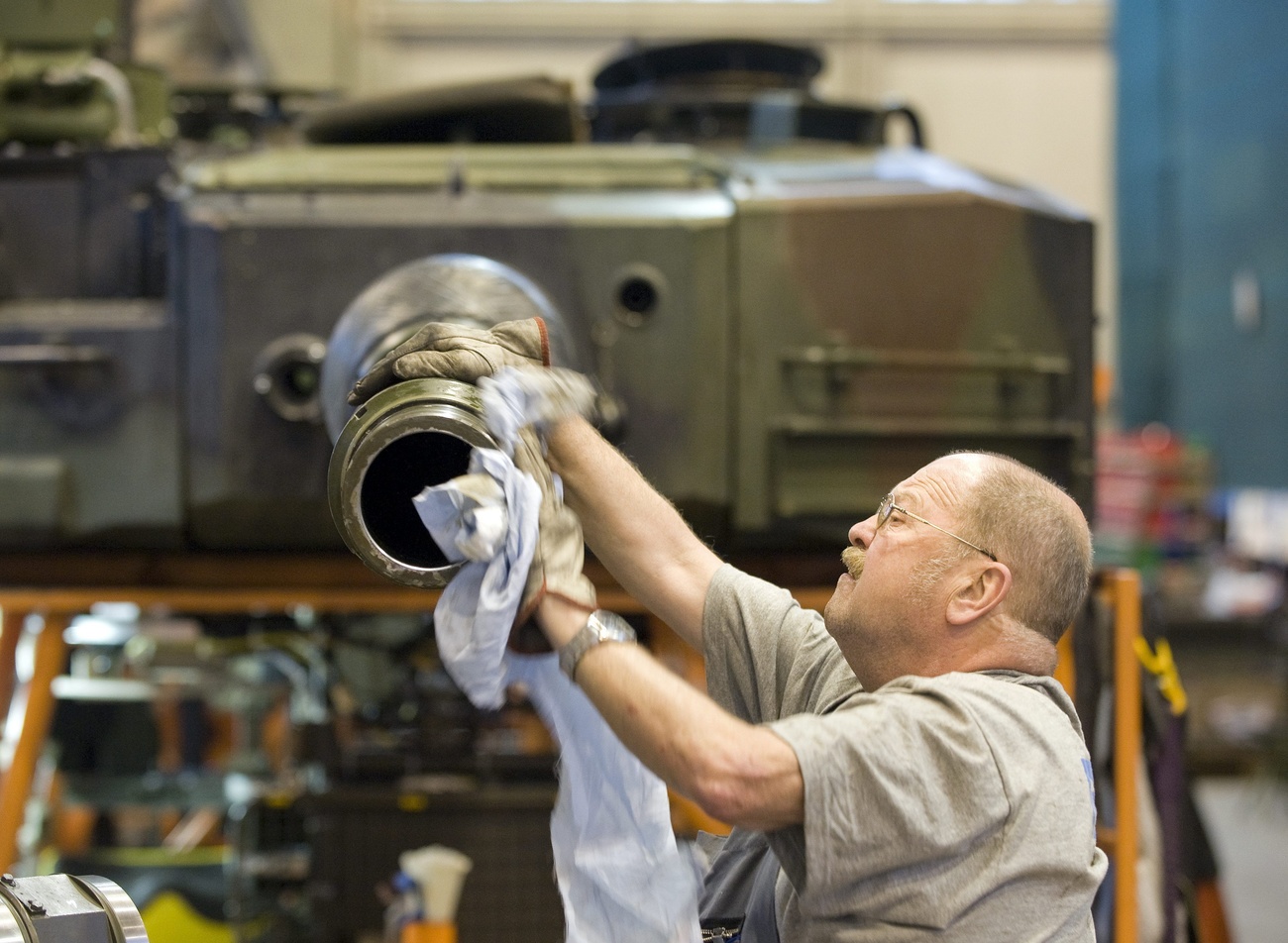
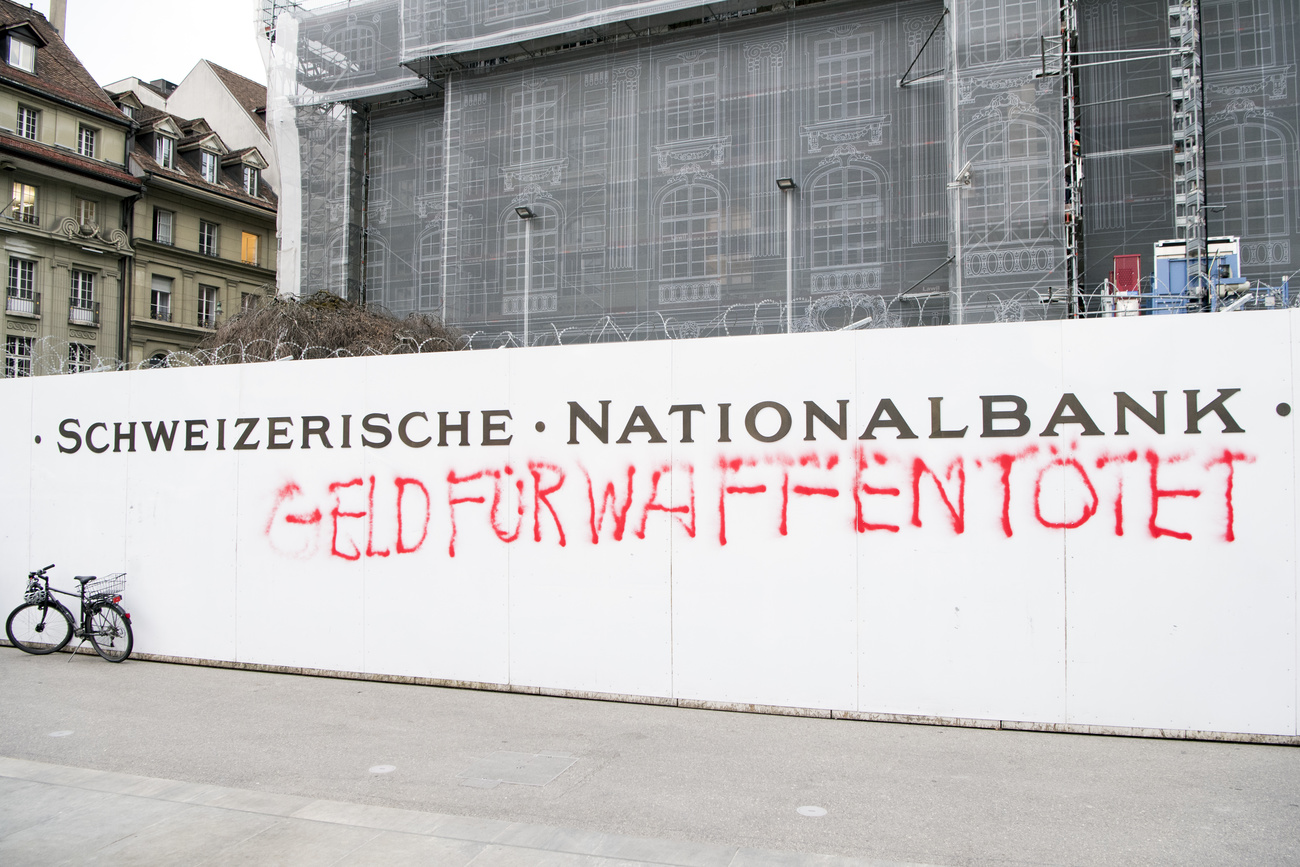
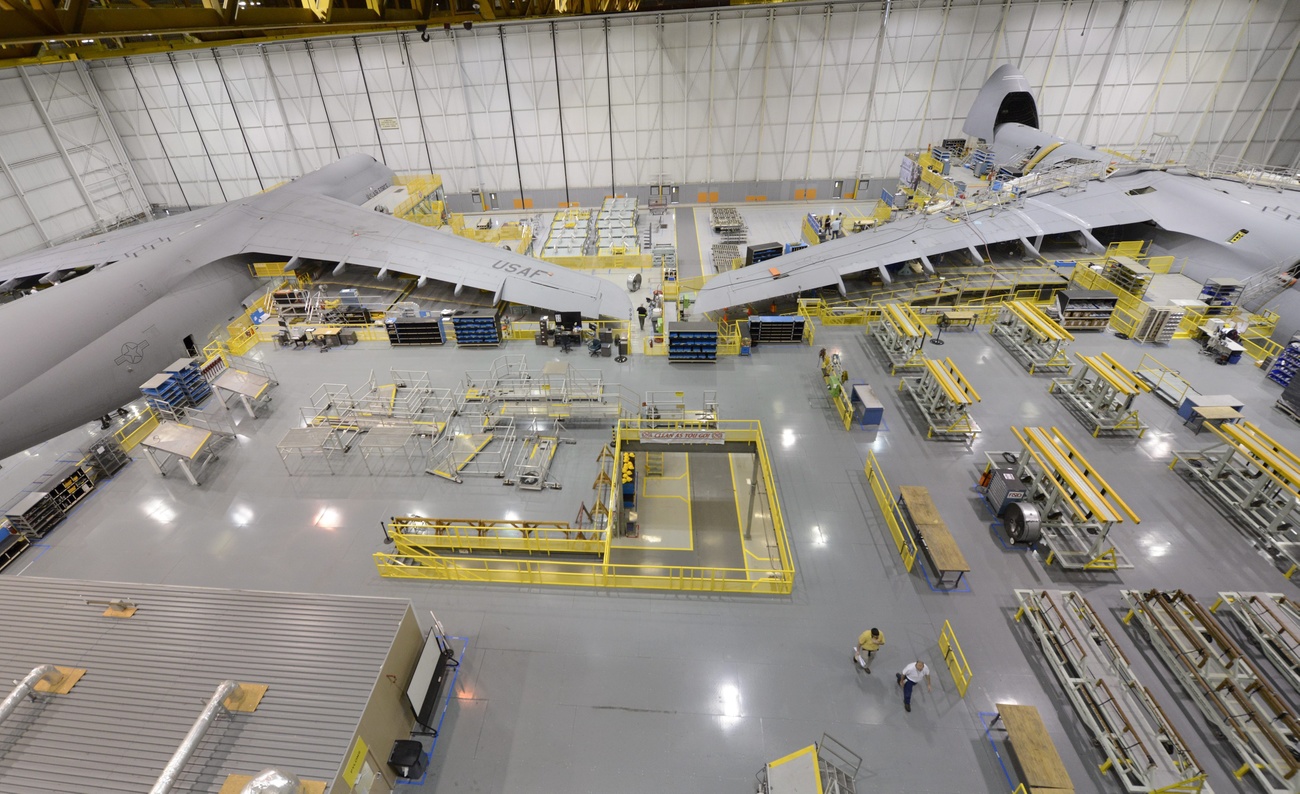
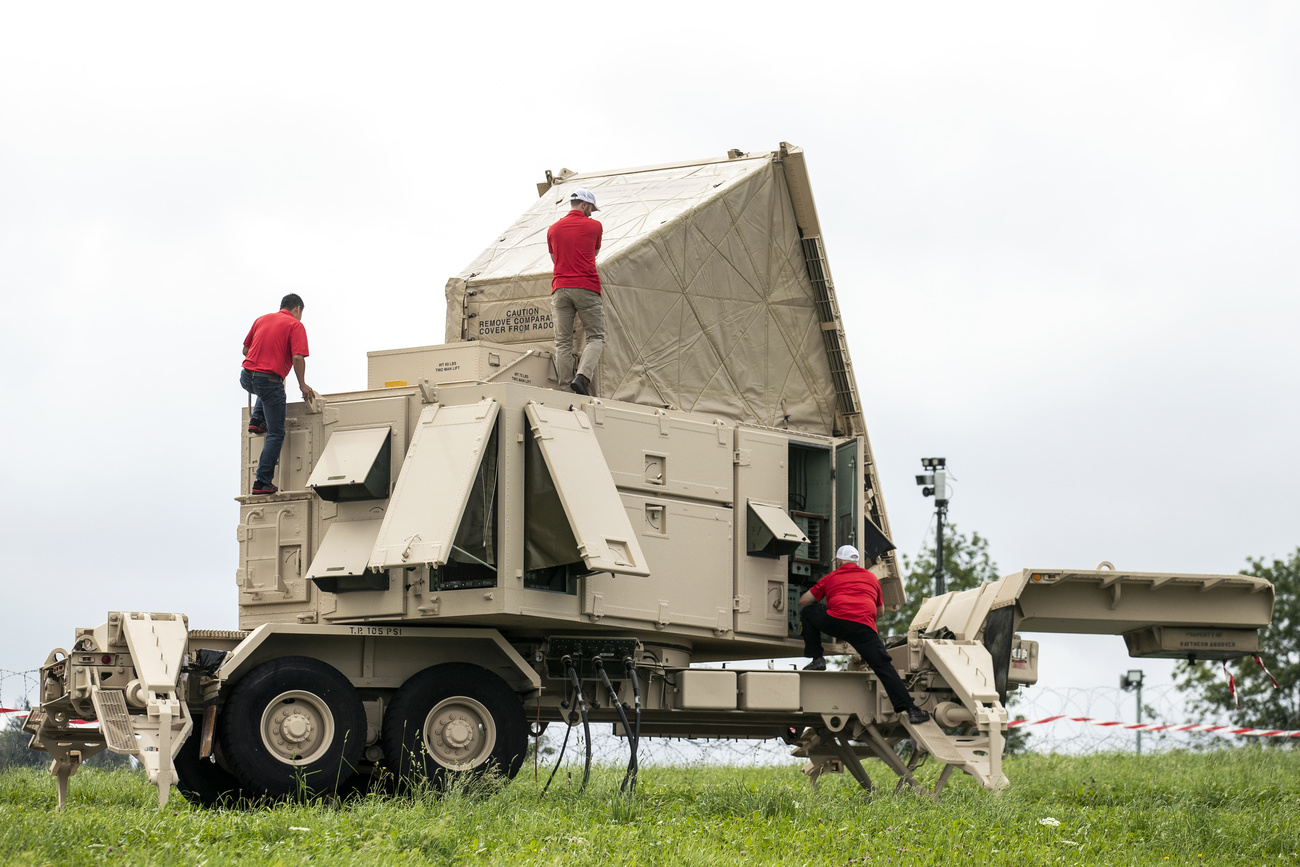
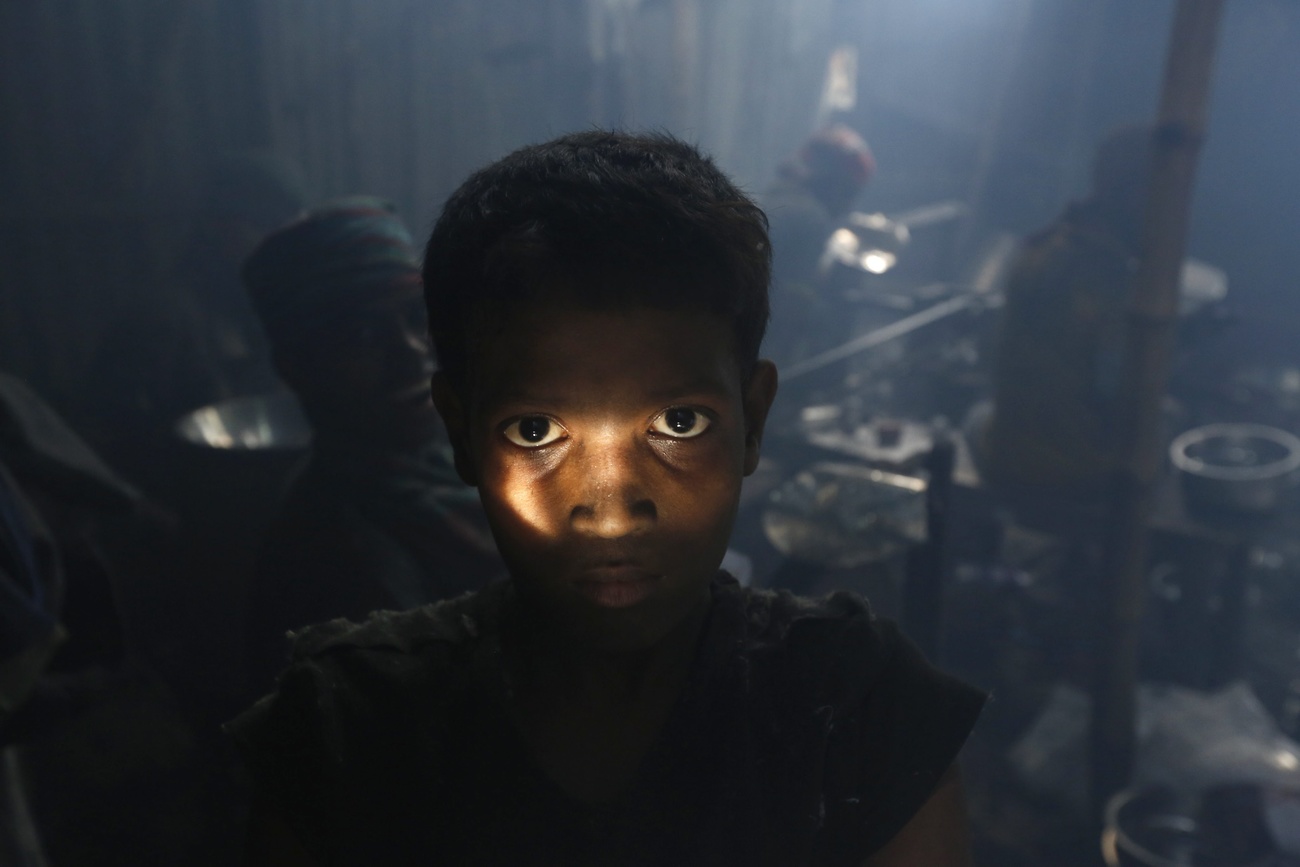

You can find an overview of ongoing debates with our journalists here . Please join us!
If you want to start a conversation about a topic raised in this article or want to report factual errors, email us at english@swissinfo.ch.